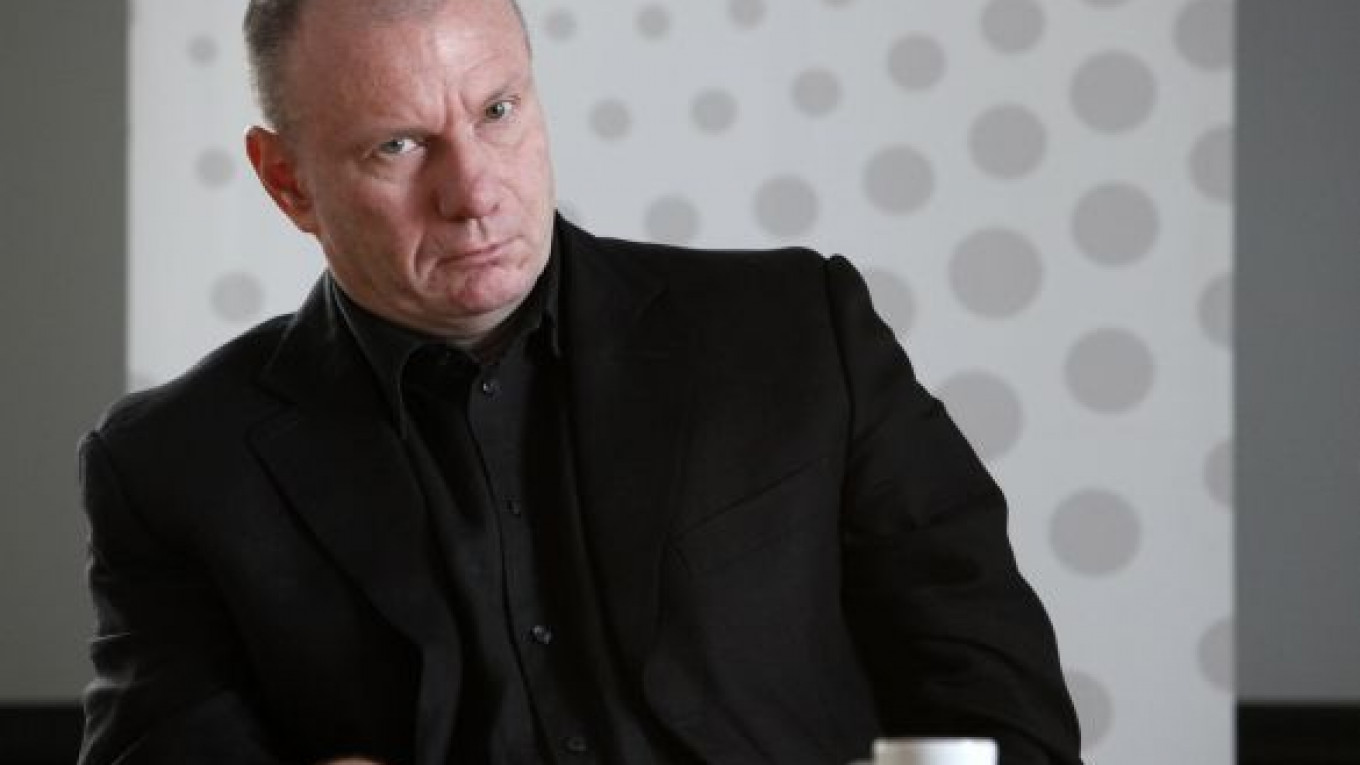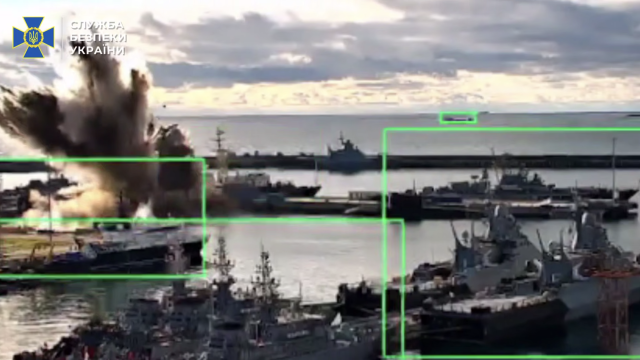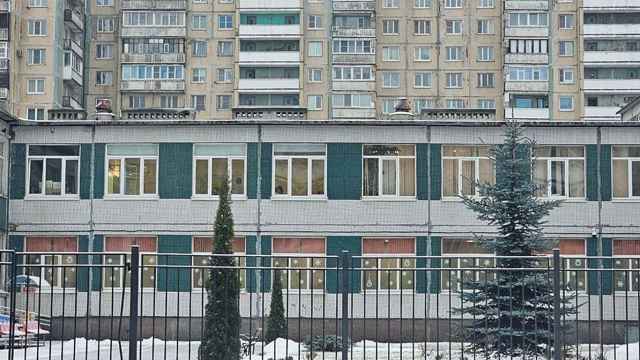Vladimir Potanin, the largest shareholder in Russia's Norilsk Nickel, said in an interview that tensions had escalated with the other main owner of the world's top nickel and palladium producer, dashing hopes of a keenly awaited reconciliation.
Potanin said the more than four-year-long conflict with rival Oleg Deripaska, the largest shareholder in aluminum firm RusAl, had flared up again, reviving a battle over governance, board control and returns to shareholders that has drained cash and sapped long-term investment.
Deripaska "stopped all consultations regarding what could be done at Norilsk and how to expand on the small compromises that were reached in the summer," Potanin said.
Comments by President Vladimir Putin to mining bosses last month, expressing hope that the shareholder dispute would be resolved, sparked hopes of peace.
The dispute between Potanin and Deripaska dates back to 2008, when RusAl bought Mikhail Prokhorov's 25 percent Norilsk stake in 2008 in a cash-and-stock deal estimated to be worth $14 billion.
Since hopes of an ease in tensions this summer, however, things have instead taken a turn for the worse, Potanin said, reviving a battle that some analysts believe has held back the mining giant.
"The moment Putin made this statement coincided with a new twist in the conflict," Potanin said. "At the same moment, contact with Deripaska was lost."
Deripaska has turned down offers for his stake, and the two metals magnates have also clashed over share buybacks launched by Norilsk to return excess cash to shareholders, though Potanin said the transactions were justified.
Potanin, Russia's fourth-richest man, with a fortune estimated at $14.5 billion, said his shareholding in Norilsk would rise to 31 percent, from about 28 percent now, when the company cancels shares held in treasury, should the board approve the move.
But he said he would avoid a mandatory takeover offer, potentially by restricting the number of voting shares.
Potanin, dressed in his trademark black, said that growing encroachment by the Russian state into the economy, combined with global economic uncertainty and oversupply in metals markets, made him cautious about investing heavily.
Potanin, 51, said he was content to collect cash from his holding in Norilsk to pay down $3 billion in debts at his Interros holding company. The debt stems from his buyout of assets from ex-partner Prokhorov in their business "divorce."
He said that an ideal outcome would be for Interros to be debt-free within five years. Announcing one investment to profit from Russia's recent accession to the World Trade Organization, Potanin said he would plow up to $100 million into air-freight-logistics venture Interport.
Analysts fret that the battle at Norilsk, which has resulted in generous buybacks for shareholders, has drained free cash at a time when the company needs to invest in growing reserves, developing new fields and maintaining gear at its vast polar division.
It is virtually alone in the mining sector in contemplating returns to shareholders at a time of uncertain markets and weakening demand.
Potanin said that the company, whose debts of $5 billion last year were less than its core earning, was actually under-leveraged and that he saw room for cash to continue to be returned to shareholders through buybacks.
Other shareholders in Norilsk include Russia's richest man, Alisher Usmanov, who has a 4 percent stake. Commodities trader Trafigura may no longer own Norilsk stock, Potanin suggested.
Norilsk said in 2010 that Trafigura had bought an 8 percent stake in the firm, hoping for a lucrative marketing deal for Norilsk production, although according to media reports, its accounts to the year ending Sept 30, 2011, showed that the stake had fallen to 0.9 percent.
"Trafigura ... originally had some ideas related to (Norilsk's) international assets, their development, and it was interested in marketing," Potanin said.
"Perhaps they were disappointed with the position of (Norilsk CEO Vladimir) Strzhalkovsky, who does not want to give them such access. Strzhalkovsky is right," Potanin added.
Strzhalkovsky said Norilsk sold a small amount of its metals through Trafigura but had not entered a strategic partnership with the trader.
The Norilsk mine and smelter complex above the Arctic Circle in Siberia has been at the center of Russian business intrigues for much of its post-Soviet history.
Related articles:
A Message from The Moscow Times:
Dear readers,
We are facing unprecedented challenges. Russia's Prosecutor General's Office has designated The Moscow Times as an "undesirable" organization, criminalizing our work and putting our staff at risk of prosecution. This follows our earlier unjust labeling as a "foreign agent."
These actions are direct attempts to silence independent journalism in Russia. The authorities claim our work "discredits the decisions of the Russian leadership." We see things differently: we strive to provide accurate, unbiased reporting on Russia.
We, the journalists of The Moscow Times, refuse to be silenced. But to continue our work, we need your help.
Your support, no matter how small, makes a world of difference. If you can, please support us monthly starting from just $2. It's quick to set up, and every contribution makes a significant impact.
By supporting The Moscow Times, you're defending open, independent journalism in the face of repression. Thank you for standing with us.
Remind me later.






